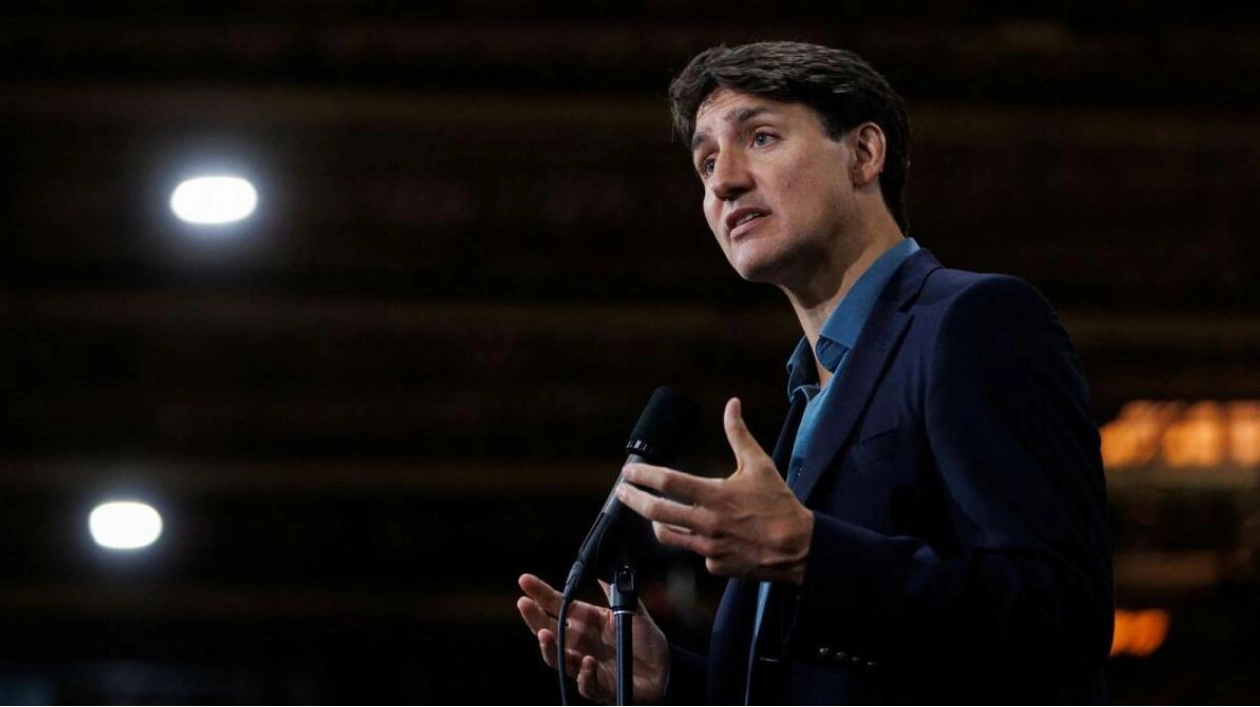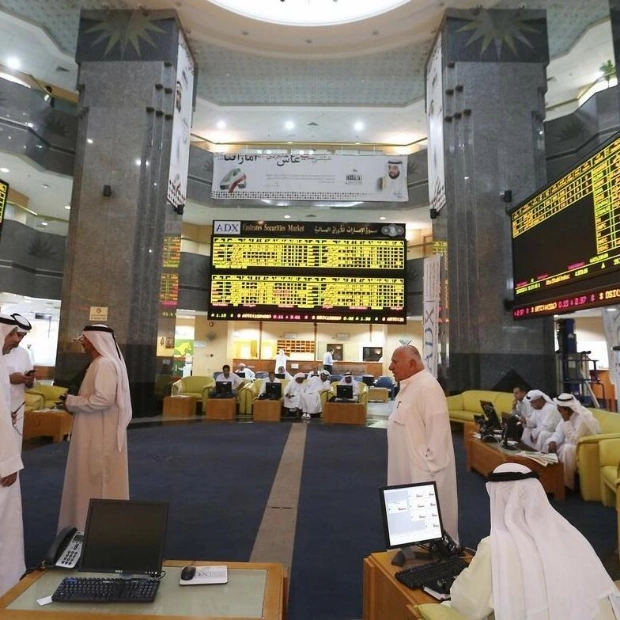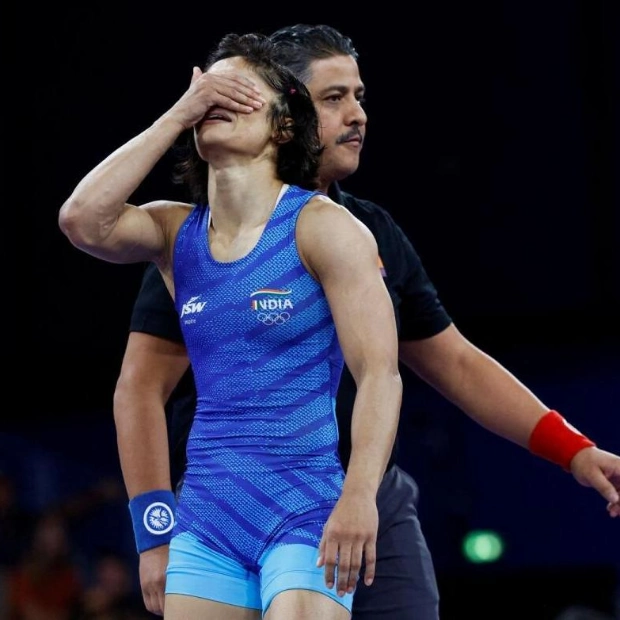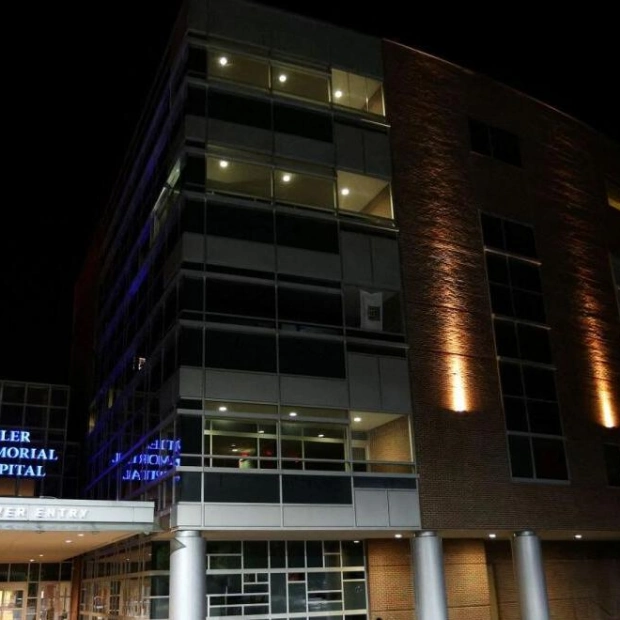According to government data obtained by Reuters, Canada is tightening its entry policies for visitors and temporary residents by granting fewer visas and rejecting more individuals who arrive at its borders with valid documents. This surge in denials of entry to foreign travelers coincides with Prime Minister Justin Trudeau's Liberal government, which is currently lagging in polls as it approaches an election next year, aiming to reduce the number of temporary residents—and potentially permanent immigrants. The issue of housing shortages and high prices has been attributed to the influx of migrants. Although Canadians have traditionally welcomed newcomers, recent polls indicate an increasing number believe the country is accepting too many immigrants. This sentiment appears to be influencing border and immigration officers. In July, Canada denied entry to 5,853 foreign travelers, including students, workers, and tourists, marking the highest number since at least January 2019, according to previously unreported border agency data. On average, border officers rejected 3,727 foreign travelers per month from January to July 2024, a 20% increase from the previous year. Additionally, officers declared 285 visa-holders inadmissible in July, the highest number since January 2019. A spokesperson for the Canada Border Services Agency explained that changes in inadmissibility findings can result from migration patterns or policy adjustments and are determined on a case-by-case basis. The agency did not specify any particular policy changes. Meanwhile, Canada's immigration department is approving fewer visas, with the ratio of refused to approved visitor visa applications being higher in June than at any time since the pandemic's peak. The number of approved study and work permits has also decreased from their multi-year highs in 2023 and 2022. Immigration Minister Marc Miller stated in August that Canadians desire an immigration system that is not chaotic. His spokesperson emphasized the department's commitment to fair and non-discriminatory immigration policy application, attributing the decline in study-permit approvals to a cap announced in January. Eight lawyers reported increased scrutiny of visa-holders at airports and land border crossings. British Columbia lawyer Will Tao has represented several visa-holders whom border officials questioned about their intentions in Canada, suggesting they turn back voluntarily or face deportation. Tao attributes this increased skepticism to a significant shift in the government's immigration stance. Mohammed Kamil Shaibu, a Ghanaian traveler, was denied entry while en route to a conference in Edmonton last September, despite having a valid tourist visa. He was interrogated about his employment and the purpose of his trip, ultimately being told his visa was no longer valid. University of Calgary assistant law professor Gideon Christian questioned the logic of issuing visas that are not intended to be honored. Despite his experience, Shaibu remains positive about Canada and may consider attempting to visit again in the future.

Text: Lara Palmer
03.09.2024
Increase in visa denials and border rejections amid government efforts to curb immigration numbers





